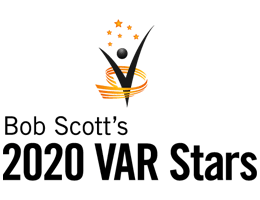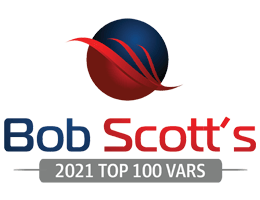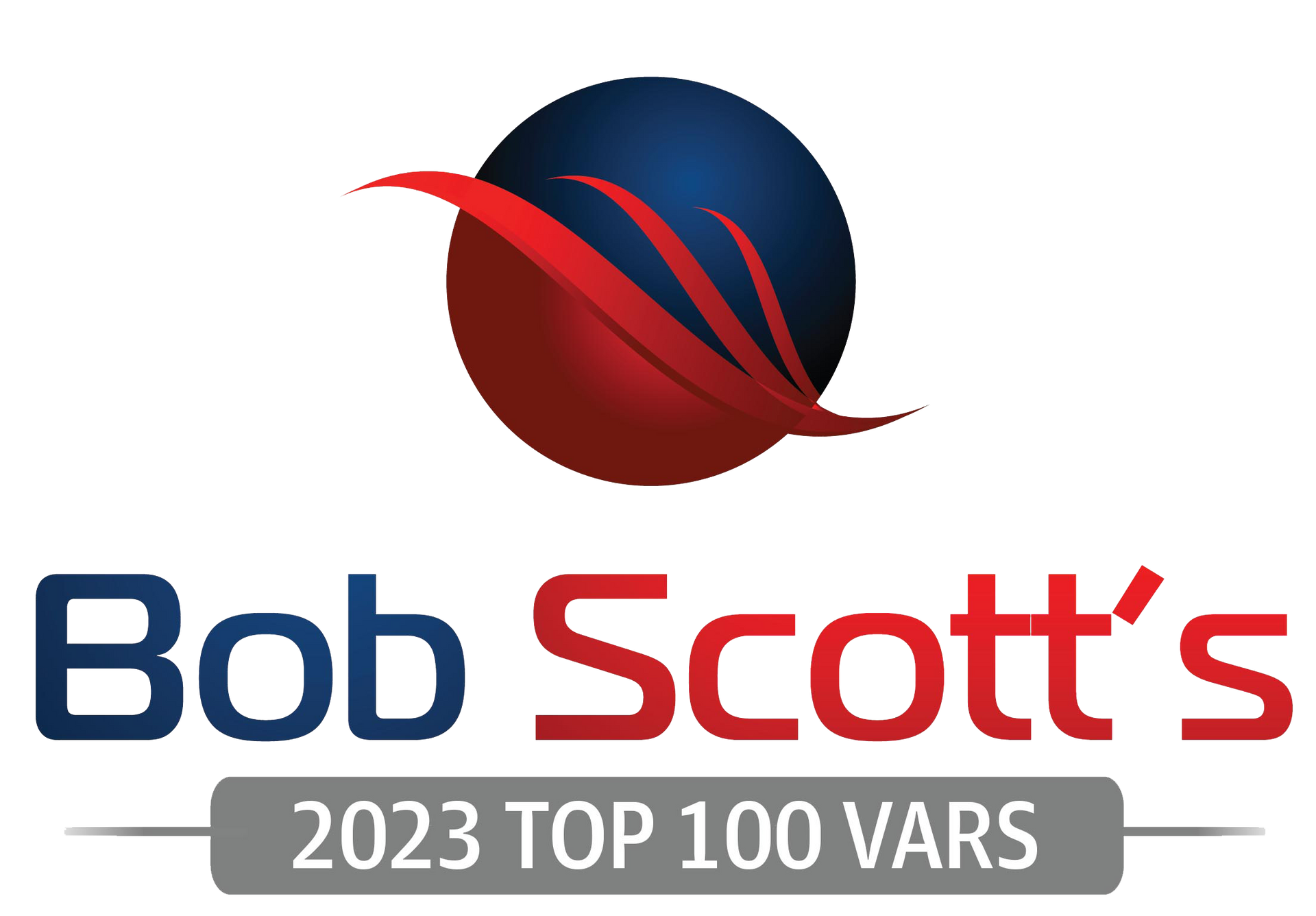5 Best Practices in Job Costing for Construction Companies

As a construction company, accurately tracking and managing costs is crucial for the success of your projects. Job costing, also known as project costing, is the process of tracking and allocating expenses to specific construction projects. It allows you to monitor the financial health of your projects and make informed decisions to ensure profitability.
In this article, we will discuss the top five best practices in job costing for construction companies to help you effectively manage your costs and improve your bottom line.
Why Is Job Costing Important for Construction Companies?
Job costing is essential for construction companies for several reasons:
- Accurate Budget Management: Job costing allows you to track expenses and compare them to your budget, helping you identify any discrepancies and make necessary adjustments to stay on track.
- Cost Control: By tracking expenses in real-time, you can identify areas where costs are exceeding the budget and take corrective action to control costs.
- Cost Forecasting: Job costing provides valuable insights into the costs of similar projects, allowing you to forecast costs for future projects accurately.
- Expense Allocation: Job costing helps you allocate expenses to specific projects, providing a clear picture of the profitability of each project.
- Construction Pricing: Job costing allows you to determine the true cost of a project, helping you set competitive prices and improve your bidding process.
Best Practices in Job Costing for Construction Companies
1. Use Job Costing Software
The first and most crucial best practice in job costing for construction companies is to use job costing software. Manual job costing processes are time-consuming, prone to errors, and do not provide real-time insights. Job costing software automates the process, allowing you to track expenses in real-time, allocate costs accurately, and generate reports quickly.
When choosing job costing software, look for features such as budget tracking, cost forecasting, expense allocation, and integration with your accounting software. This will ensure that you have all the necessary tools to effectively manage your costs and make informed decisions.
2. Track Costs in Real-Time
To effectively manage costs, it is crucial to track expenses in real-time. This means recording expenses as they occur, rather than waiting until the end of the project. Real-time tracking allows you to identify any discrepancies between actual costs and budgeted costs and take corrective action immediately.
With job costing software, you can track expenses in real-time, ensuring that you have accurate and up-to-date information to make informed decisions.
3. Monitor Labor Costs
Labor costs are a significant expense for construction companies, and it is essential to track them accurately. This includes not only the wages of your employees but also any overtime, benefits, and payroll taxes. Job costing software can help you track labor costs accurately and allocate them to specific projects.
Additionally, it is crucial to monitor labor productivity to ensure that your employees are working efficiently. This can help you identify any areas where productivity can be improved, leading to cost savings in the long run.
4. Regularly Review and Analyze Job Costs
Regularly reviewing and analyzing job costs is crucial for the success of your projects. This involves comparing actual costs to budgeted costs and identifying any discrepancies. It also includes analyzing the profitability of each project and identifying areas where costs can be reduced.
Job costing software can generate reports that provide a detailed breakdown of job costs, making it easier to review and analyze costs regularly. This will help you make informed decisions to improve the financial health of your projects.
5. Train Your Team on Job Costing Best Practices
To effectively implement job costing in your construction company, it is crucial to train your team on job costing best practices. This includes educating them on the importance of job costing, how to track expenses accurately, and how to use job costing software effectively.
By training your team, you can ensure that everyone is on the same page and following the same processes, leading to more accurate and consistent job costing.
Real-World Examples of Successful Job Costing
1. Turner Construction Company
Turner Construction Company, one of the largest construction companies in the United States, uses job costing to track expenses and manage costs effectively. They use a combination of construction job costing software and manual processes to track costs in real-time and generate reports for analysis.
By implementing construction job costing best practices, Turner Construction Company has been able to improve cost control, reduce project delays, and increase profitability.
2. Skanska USA
Skanska USA, a leading construction company, uses cost tracking software to track expenses and allocate costs accurately. They also regularly review and analyze job costs to identify areas where costs can be reduced.
By implementing job costing best practices, Skanska USA has been able to improve budget management, reduce project costs, and increase profitability.
Who Is Responsible for Job Costing in Construction Companies?
In construction companies, the project manager is typically responsible for job costing. They are responsible for tracking expenses, allocating costs, and generating reports for analysis. However, it is essential to involve the entire team in the process to ensure that everyone is following best practices and contributing to the success of the project.
Construction Accounting and Economics
Importance of Construction Accounting
Construction accounting plays a vital role in the financial management of construction companies. It involves tracking and recording financial transactions specific to construction projects. By implementing effective construction accounting practices, companies can ensure accurate budget management, cost control, and expense allocation.
Accurate budget management is crucial for construction companies to stay on track with their expenses. Construction accounting allows companies to track expenses and compare them to the budget, identifying any discrepancies and making necessary adjustments.
Cost control is another significant benefit of construction accounting. By tracking expenses in real-time, companies can identify areas where costs are exceeding the budget and take corrective action to control costs. This helps in maintaining profitability and avoiding financial losses.
Expense allocation is an essential aspect of construction accounting. It helps companies allocate expenses to specific projects, providing a clear picture of the profitability of each project. This information is valuable for decision-making and resource allocation.
Role of Construction Economics
Construction economics is the study of economic principles and concepts as they relate to the construction industry. It involves analyzing the costs, benefits, and risks associated with construction projects. By understanding construction economics, companies can make informed decisions regarding project feasibility, pricing, and resource allocation.
Construction economics helps in determining the true cost of a project. By considering factors such as labor costs, material costs, and overhead expenses, companies can accurately estimate the total cost of a project. This information is crucial for setting competitive prices and improving the bidding process.
Furthermore, construction economics provides insights into the costs of similar projects, allowing companies to forecast costs for future projects accurately. This helps in budgeting and financial planning.
Construction accounting and economics are essential aspects of managing costs and improving profitability in the construction industry. By implementing effective construction accounting practices and understanding construction economics, companies can make informed decisions, stay on budget, and achieve financial success.
Conclusion
Job costing is a crucial process for construction companies to effectively manage costs and improve profitability. By implementing the best practices discussed in this article, you can ensure that your projects stay on budget, and your company remains financially healthy.
Remember to use job costing software, track costs in real-time, monitor labor costs, regularly review and analyze job costs, and train your team on job costing best practices. By following these best practices, you can take your construction company to new heights of success.
More from the blog








